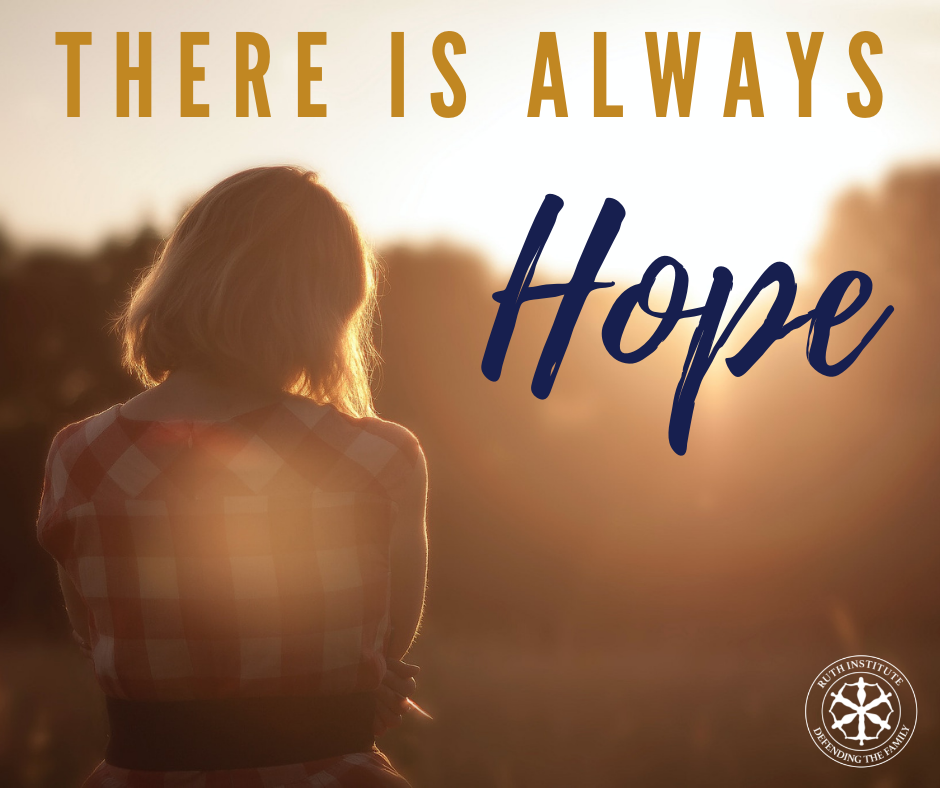
I recently received this message and question from a survivor of sexual abuse:
I experienced tremendous trauma (including sexual abuse and bullying) while growing up and I have done everything I could to heal from it. I’ve gotten therapy, spiritual counseling, and done whatever work I needed to do in order to better manage the trauma. Even after doing everything “right,” however, I still experience occasional triggers, bad days, bad memories, and bad thoughts. Am I normal?
First of all, for those of you reading this and wondering what a trigger is, a trigger is something tied to a traumatic event that causes you extreme stress and affects your ability to remain focused on the present moment. Triggers can vary in intensity and common reactions include a range of physical, emotional, mental, and behavioral responses.
Ok, moving on…
Here’s my short answer to my reader’s question: yes! Yes, you are absolutely normal! Even if you are doing all the “right” things, you may still deal with triggers, bad memories, bad dreams, and have bad days from time to time.
Now onto a longer version of my answer. Keep in mind that the grief someone experiences following any kind of trauma does not follow the same pattern or look the same for everyone. The healing process doesn’t look the same either.
There is no timeline for healing and it does not happen overnight. Because trauma becomes a part of you, it is something you will live with for the rest of your life. The reality is that some days will feel more productive than others. Even if you are someone who suffered a trauma such as sexual abuse years ago and even if you have gone through copious amounts of therapy and done everything you “should” do, there may be moments when triggers and bad memories pop up (sometimes when you least expect them). Difficult though this is to contend with, it is a normal part of grief and the healing and recovery process.
Survivors have the difficult task before them of learning how to navigate the bad “stuff” by allowing themselves to feel the pain. At the same time, they need to adopt new, healthy habits and mindsets to serve them during the bad days and on the easier days too. This navigating and balancing leads to a new sense of normal for survivors. It isn’t easy to do by any stretch but when you make the decision to put in the work and find what works for you, the bad days become fewer and easier to get through. You will become more confident in your abilities to handle the difficult times.
Yes, you are normal if you still have bad days. Even feeling triggered is normal after years of therapy. It’s okay if you’re not okay today. Don’t resist the pain. Do your best to accept it and dig into your bag of survival tricks and use what works for you.
All of that being said, if you are questioning whether your particular responses to triggers are normal or aren’t sure whether the intensity of triggers is normal for where you are on your healing journey, I encourage you to seek out support from a reputable therapist or medical professional. Your safety and well-being is important and there is no shame in seeking out help.
Hang in there! Show up everyday (even on the bad days) and you will see progress. Always remember that there is always hope and there is life after trauma.
Do you have a question about victimization and/or healing? Email me at AskASurvivor@ruthinstitute.org! Your name and personal information will never be used in my public responses.


